Project Information
Glenrose Native Forest Protection Project
Avoided Deforestation
Glenrose lies east of Cobar in Western New South Wales. In 2008, Geoff and Julie Cowen obtained a permit to clear parts of the property for grazing. However, they soon found the process of managing regrowth following clearing to be difficult and unsustainable. Despite their efforts, they continued to rely on brought-in feed to support their livestock.
The Cowens came to the conclusion that moving from a pure grazing enterprise to a business that prioritises conservation and biodiversity, would both provide a new income stream and achieve positive environmental outcomes. “We did our research and realised that a combination of carbon and feral animal management was a viable option that still required the land to be actively managed, but would allow us to embrace the native vegetation instead of battle against it,” says Geoff.
Since establishing their project, the Cowens have watched the grass cover return, and with it, more lizards and birdlife, including malleefowl, which had not been seen on the property for years.
Far from locking up the land, the carbon project has allowed the Cowens to employ local contractors to build fencing while also adding dams, trap yards to manage feral goats, and firebreaks all around the property. As a result of the additional income, they were also able to purchase another property where they could better manage their livestock. “We couldn’t have done it all ourselves,” says Geoff. “I needed a company like GreenCollar to facilitate the process. Somebody who knew what they were doing.”
Geoff is also thinking about the future of his land, and how he can continue to keep nature-based solutions at the forefront of his land management, beyond a carbon sequestration project.
Today, Geoff sees himself as an environmental steward, with a passion for wildlife conservation and creating an ecosystem where native vegetation and fauna can thrive. “I’m not a ‘greeny’, but I do enjoy the vegetation and wildlife, and we are doing things for our grandchildren,” he says. “I’m doing my part for a better world.”
Key Benefits
We support the Sustainable Development Goals


Statistics
Methodology
Avoided Deforestation 1.1 Methodology Determination 2015
Registered ID
Date registered
March 2015
Project area
2,189 ha
Permanence
100 yrs
Location
Cobar, NSW

